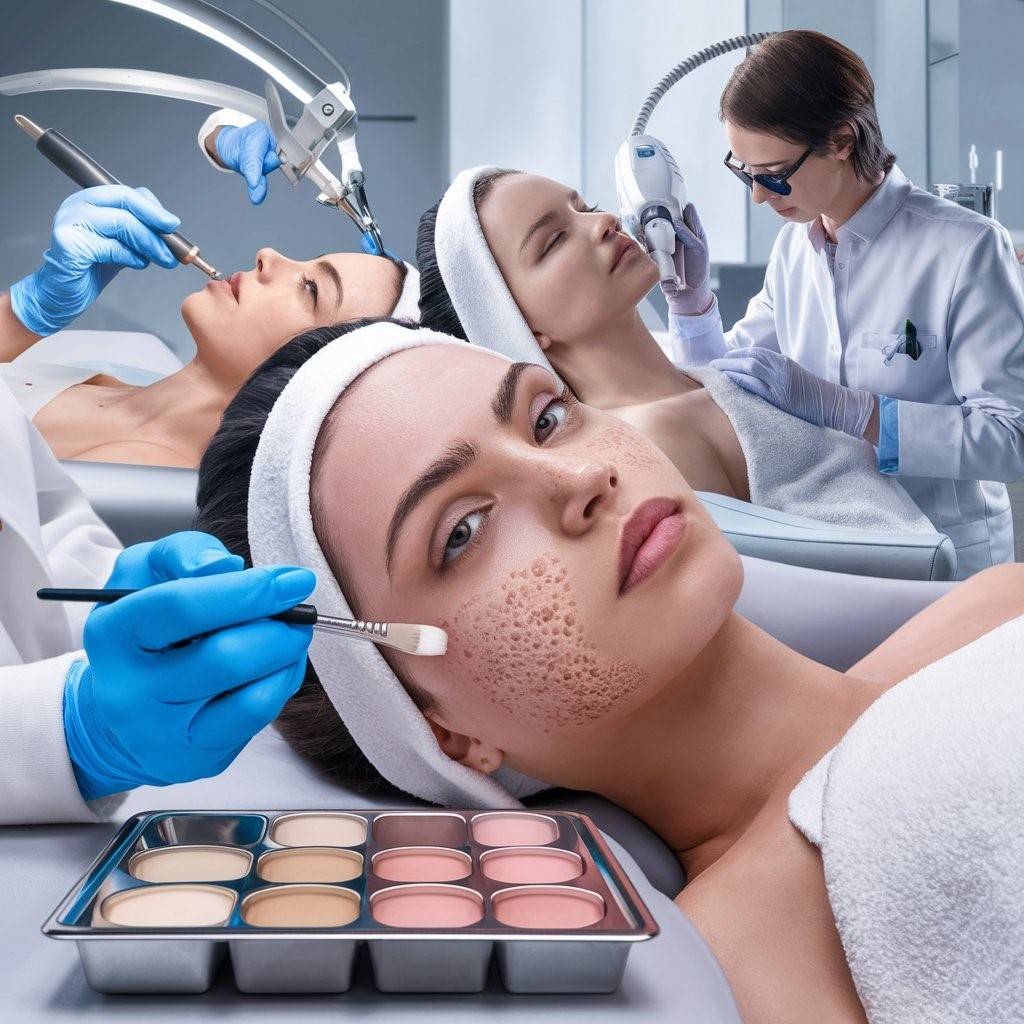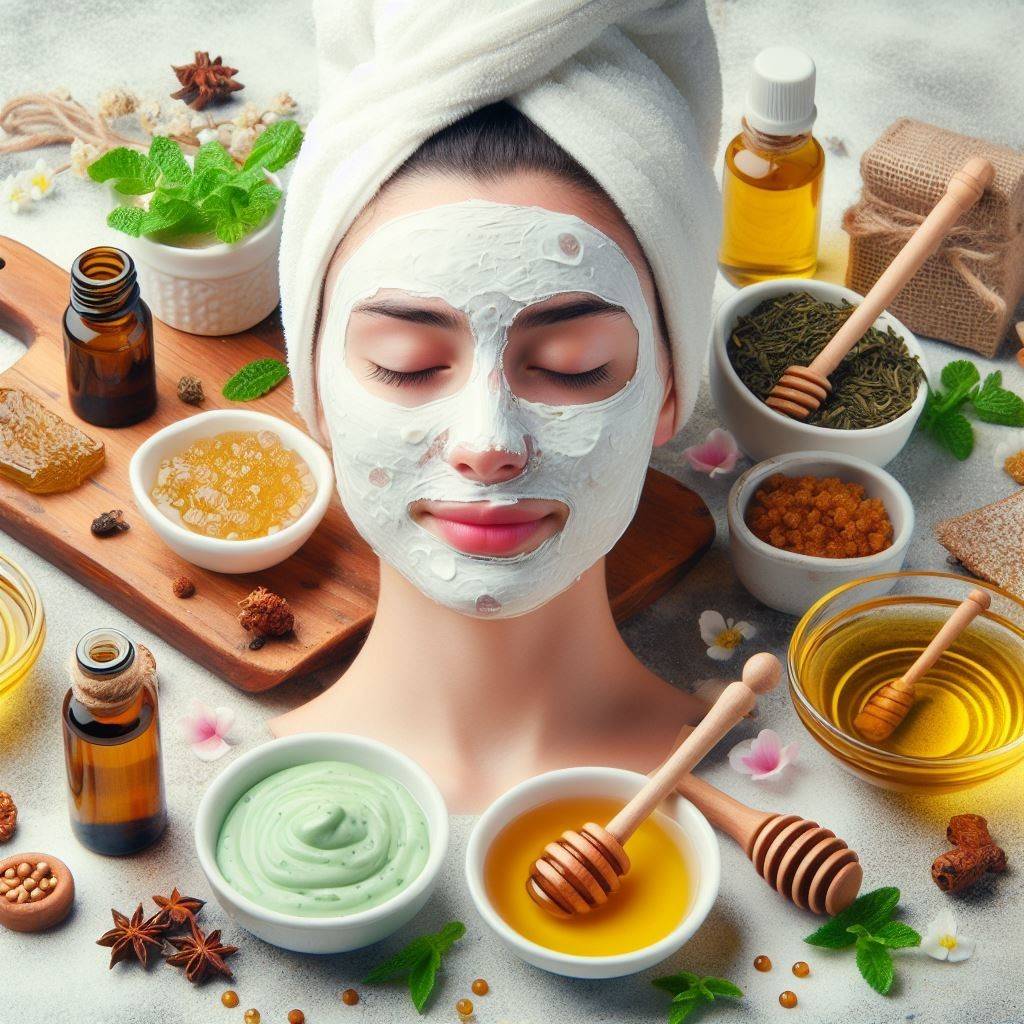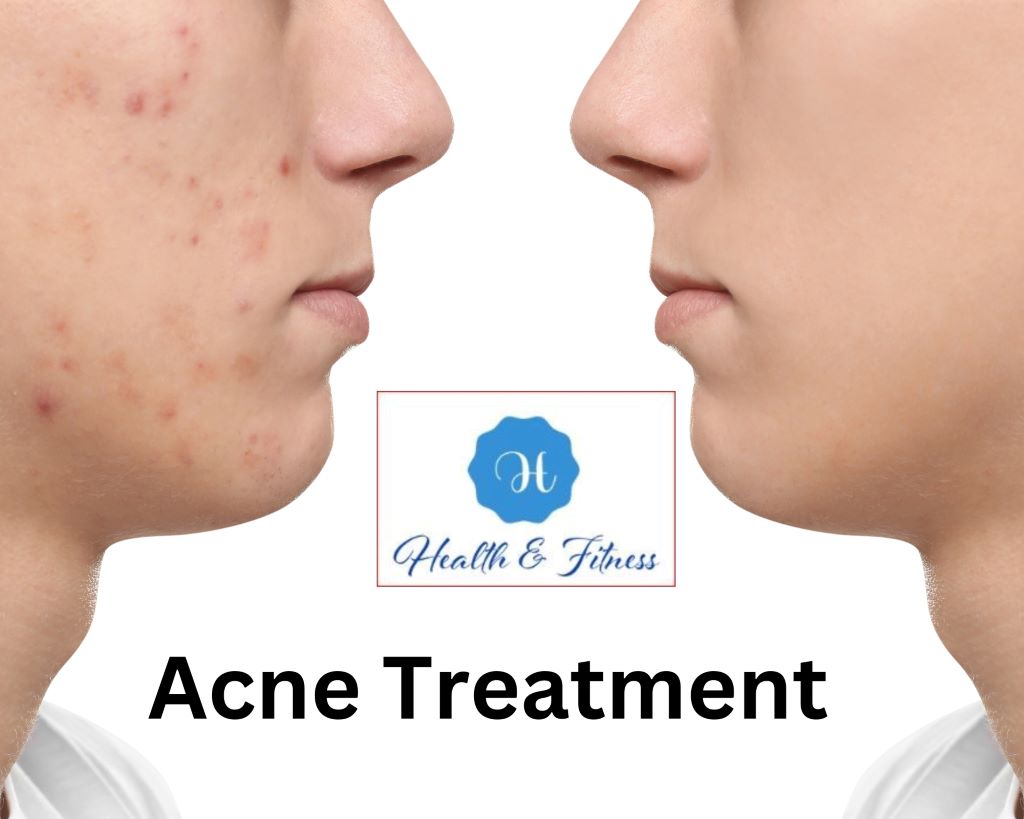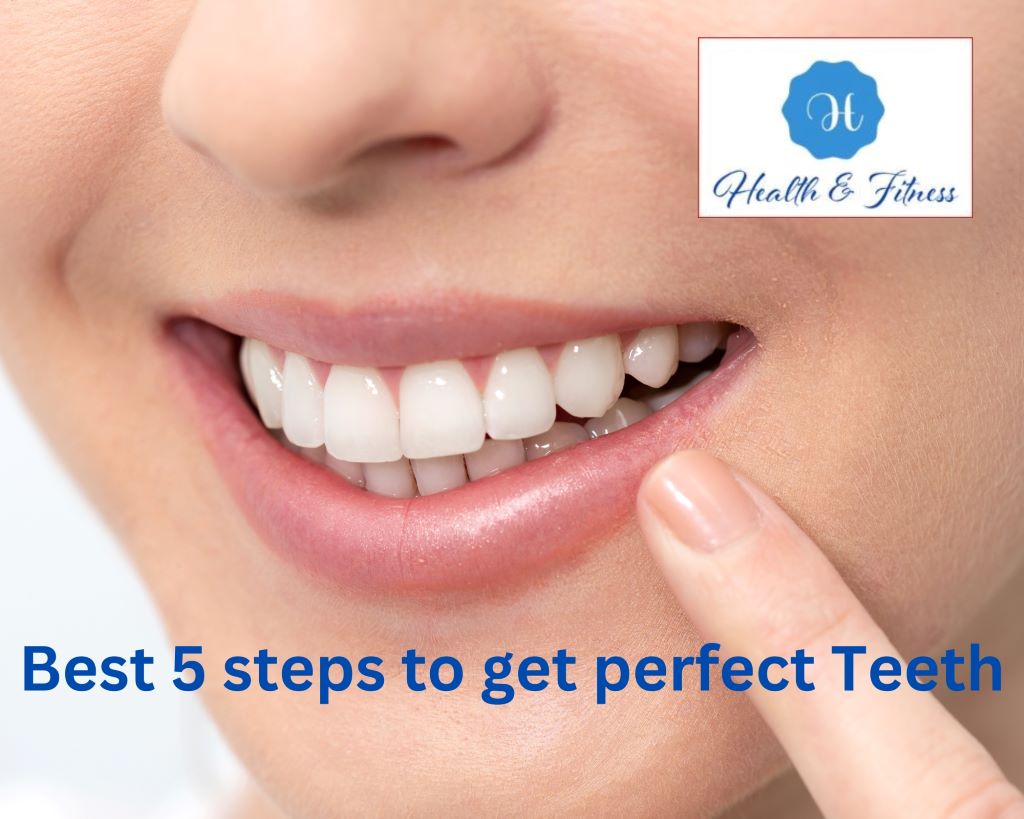Acne Treatment: Most Effective Options in 2024
Acne Treatment: Explore the most effective methods in 2024 for achieving clear, radiant skin. Expert advice and recommendations await!
Introduction
Acne is a common skin condition that affects millions worldwide. While it primarily affects adolescents, it can persist into adulthood. The quest for an effective acne treatment is ongoing, with new products and techniques emerging every year. In 2024, a range of options will be available to address this stubborn issue. This comprehensive guide explores the most promising acne treatment for the year ahead.
Topical Medications: Tried and True
Topical medications remain a frontline defence against acne. These include:
- Retinoids: Derived from vitamin A, retinoids like tretinoin and adapalene help unclog pores and prevent new breakouts.
- Antibiotics: Topical antibiotics such as clindamycin and erythromycin can kill the bacteria that cause acne.
- Benzoyl Peroxide: This potent ingredient helps dry out existing pimples and prevent new ones from forming.
While effective, these medications can cause dryness, peeling, and irritation, especially when first starting treatment. It’s essential to follow your dermatologist’s instructions and moisturize adequately.
Oral Medications: Tackling Acne from Within
In more severe cases, oral medications may be prescribed. These include:
- Oral Antibiotics: Antibiotics like doxycycline and minocycline can reduce inflammation and kill acne-causing bacteria.
- Hormonal Therapy: For women, birth control pills or spironolactone may help regulate hormones that contribute to acne.
- Isotretinoin (Accutane): This powerful oral retinoid is reserved for severe, persistent acne and requires close monitoring because of potential side effects.
Oral medications can take several months to see full results and may cause side effects like nausea, dizziness, and increased sun sensitivity.
In-Office Procedures: Professional Acne Treatment

For those seeking more intensive acne treatment, dermatologists offer various in-office procedures:
| Procedure | Description | |
| Chemical Peels | Controlled removal of the outermost layer of skin to improve texture and unclog pores | |
| Laser Therapy | Targets and destroys acne-causing bacteria while promoting collagen production | |
| Microneedling | Creates controlled micro-injuries to stimulate collagen and elastin production, improving scarring | |
These procedures can be costly and may require downtime for recovery, but they can provide significant improvement for stubborn acne and scarring.
For more information on acne scar treatment, check out our detailed guide: [Internal Link to Important Acne Scar Treatment Article]
Natural and Home Remedies Acne Treatment

While not as potent as prescription treatments, some natural remedies can help manage mild-to-moderate acne:
- Tea Tree Oil: This essential oil has antibacterial and anti-inflammatory properties that may help reduce acne.
- Green Tea: rich in antioxidants, green tea can help regulate sebum production and soothe inflammation.
- Honey Masks: Honey’s antibacterial and hydrating properties can help calm acne-prone skin.
It’s important to note that natural remedies should be used with caution and may not be effective in severe cases.
Prevention: The Key to Long-Term Acne Control
While treating existing breakouts is crucial, preventing future acne is equally important. Some effective prevention strategies include:
- Keeping Skin Clean: Gently cleanse twice daily with a non-comedogenic (non-pore-clogging) cleanser to remove excess oil, dirt, and bacteria.
- Avoiding Picking or Squeezing: As tempting as it may be, picking at pimples can lead to scarring and further inflammation.
- Managing Stress: Stress can trigger hormone fluctuations that are worse for acne. Practice stress-management techniques like meditation, exercise, and deep breathing.
- Using Non-Comedogenic Products: Choose oil-free, non-comedogenic makeup, sunscreens, and skincare products to avoid clogging pores.
By incorporating these preventive measures into your daily routine, you can help minimize future breakouts and maintain clear, healthy skin.
Lifestyle Changes and Expert Tips for Acne Treatment
Besides medical treatments and home remedies, lifestyle changes can play a significant role in managing acne. Here are some expert tips to consider:
Dietary Adjustments
While no single diet can cure acne, certain dietary changes may help reduce inflammation and promote clearer skin:
- Limit Dairy: Some studies suggest that dairy products, particularly those with a high glycemic index, can exacerbate acne.
- Increase Omega-3s: Omega-3 fatty acids found in fish, nuts, and seeds have anti-inflammatory properties that may help improve acne.
- Reduce Processed Foods: Highly processed, high-glycemic foods can spike insulin levels, contributing to acne.
However, it’s important to note that diet alone is unlikely to clear severe acne completely, and individual responses may vary.
Exercise and Stress Management
Regular exercise and stress management can have a positive impact on acne by regulating hormone levels and reducing inflammation:
- Exercise Regularly: Aim for at least 30 minutes of moderate exercise most days of the week to promote healthy circulation and reduce stress.
- Practice Stress Relief: Try techniques like yoga, meditation, deep breathing exercises, or engaging in hobbies you enjoy managing stress levels.
- Get Enough Sleep: Adequate sleep is essential for overall health and can help regulate hormone levels that contribute to acne.
Proper Skin Care Routine
Developing a consistent and effective skincare routine is crucial for managing acne-prone skin:
- Cleanse Gently: Use a mild, non-comedogenic cleanser twice daily to remove excess oil, dirt, and makeup without over-stripping the skin.
- Exfoliate Regularly: Incorporate a gentle chemical or physical exfoliant 2-3 times per week to slough off dead skin cells and prevent clogging.
- Moisture: Choose oil-free, non-comedogenic moisturizers to keep skin hydrated without clogging pores.
- Protect with Sunscreen: Use a broad-spectrum, non-comedogenic sunscreen daily to prevent sun damage and post-inflammatory hyperpigmentation.
Remember, consistency is key for skincare routines, and it may take several weeks to see noticeable improvements.
Expert Tips and Final Thoughts about Acne Treatment
While acne treatment can be a frustrating and ongoing process, there are many effective options available in 2024. Here are some final expert tips to keep in mind:
- Be Patient: Acne treatment can take several weeks or even months to show full results. Stick with your regimen and give it time to work.
- Consult a dermatologist: For persistent or severe acne, seek guidance from a board-certified dermatologist who can recommend the most appropriate treatments for your specific case.
- Combine Treatments: Using a combination of topical, oral, and procedural treatments can often yield better results than a single approach alone.
- Address Contributing Factors: Identify and address potential triggers like stress, hormonal imbalances, or dietary factors that may be exacerbating your acne.
- Be Consistent: Consistently following your prescribed treatment plan and skincare routine is essential for achieving and maintaining unblemished skin.
Remember, acne treatment is not a one-size-fits-all solution. It may take some trial and error to find the right combination of treatments that work best for your unique skin. With patience, persistence, and guidance from a professional, achieving clear, healthy skin is possible.
FAQs: Acne Treatment
What helps baby acne go away?
Baby acne typically resolves on its own within a few months. Keeping your baby’s skin clean with gentle, fragrance-free cleansers and avoiding harsh products or scrubbing can help. If the acne persists or worsens, consult your pediatrician.
What is the best product for baby acne?
It’s recommended to avoid using any harsh products on a baby’s delicate skin. Instead, stick to gentle, fragrance-free cleansers and moisturizers specifically formulated for babies. If the acne is severe or persistent, consult a pediatric dermatologist for professional guidance and potential prescription treatments.
Can breast milk cure baby acne?
While breastmilk is packed with nutrients and antibodies that can benefit a baby’s health, there is no scientific evidence that it can “cure” baby acne. However, some anecdotal reports suggest that applying a handful of breastmilk to affected areas may help soothe and reduce baby acne because of its antimicrobial and anti-inflammatory properties. It’s a gentle, natural option worth considering, but it’s not a guaranteed cure.
What triggers baby acne?
Baby acne is primarily caused by hormonal changes and is common. During pregnancy, mothers produce high levels of androgens (male hormones), which can overstimulate the baby’s oil glands, leading to clogged pores and pimples after birth. This hormonal surge typically resolves within a few months, causing the acne to clear up on its own.
Conclusion
In conclusion, the quest for effective acne treatment continues to develop, with a range of promising options available in 2024. From topical and oral medications to in-office procedures and natural remedies, there are solutions to address various severities of acne. However, it’s crucial to remember that acne is a complex condition, and finding the right treatment may require patience, consistency, and guidance from a dermatologist. Individuals can effectively manage their acne and achieve clearer, healthier skin by combining medical treatments with lifestyle changes and a consistent skincare routine. Remember, acne treatment is an ongoing process, but with perseverance and the right approach, achieving unblemished skin is possible.

Adel Galal is a health and wellness writer with over 30 years of experience studying and writing about health, fitness, nutrition, and healthy living. He is the founder of NextFitLife.com, where he shares practical, evidence-based guidance to support long-term health at any age. Adel’s mission is simple:
to help people make smarter health choices that fit real life, at any age.



